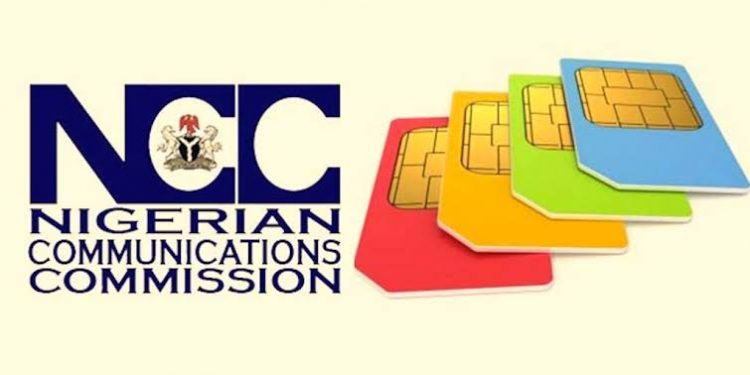The Nigerian Communications Commission (NCC) has cautioned telecom subscribers against delegating the registration of Subscriber Identity Module (SIM) cards to drivers, housekeepers, or other domestic staff, stressing that such practices amount to a crime and expose owners to legal and security risks.
The NCC’s executive vice chairman, Aminu Maida, issued the warning during an interactive session with the media in Abuja. He explained that although Nigeria’s nationwide SIM registration exercise has been completed, some subscribers still circumvent the process by using proxies to conceal their identities. He warned that such actions not only break the law but also place subscribers in danger if the SIM is later linked to criminal activities.
Maida noted that there are currently no unregistered SIMs on Nigerian networks, but misuse remains a problem when SIMs are registered under false identities. “If you send your driver or house help to register a SIM simply because you don’t want your identity to be known, you are committing a crime,” he said, adding that subscribers will bear full responsibility for any misuse linked to their numbers.
He stressed the importance of public enlightenment, warning that excuses such as paying someone else to register a SIM card will not protect owners if law enforcement links their number to fraud or cybercrime. While SIM registration cannot eliminate criminal intent, Maida explained that it provides a foundation for effective tracking by security agencies working with the NCC.
Beyond registration concerns, the NCC also announced new steps to improve transparency and service quality in the telecom sector. Maida disclosed that the commission will soon publish a Consumer Satisfaction Index and a Compliance Index, which will track customer complaints, operators’ adherence to regulations, and the quality of services provided. He said only operators with strong compliance records and positive customer ratings will benefit from over a billion dollars in expected industry investments.
In addition, the NCC plans to launch a public network coverage map by September, enabling consumers to identify the best-performing networks in their locations. The platform will use performance data crowdsourced from users’ devices to provide accurate, real-time insights into network availability.
According to the NCC, these measures aim to improve accountability among operators, strengthen consumer protection, and ensure a safer telecom environment for subscribers.










